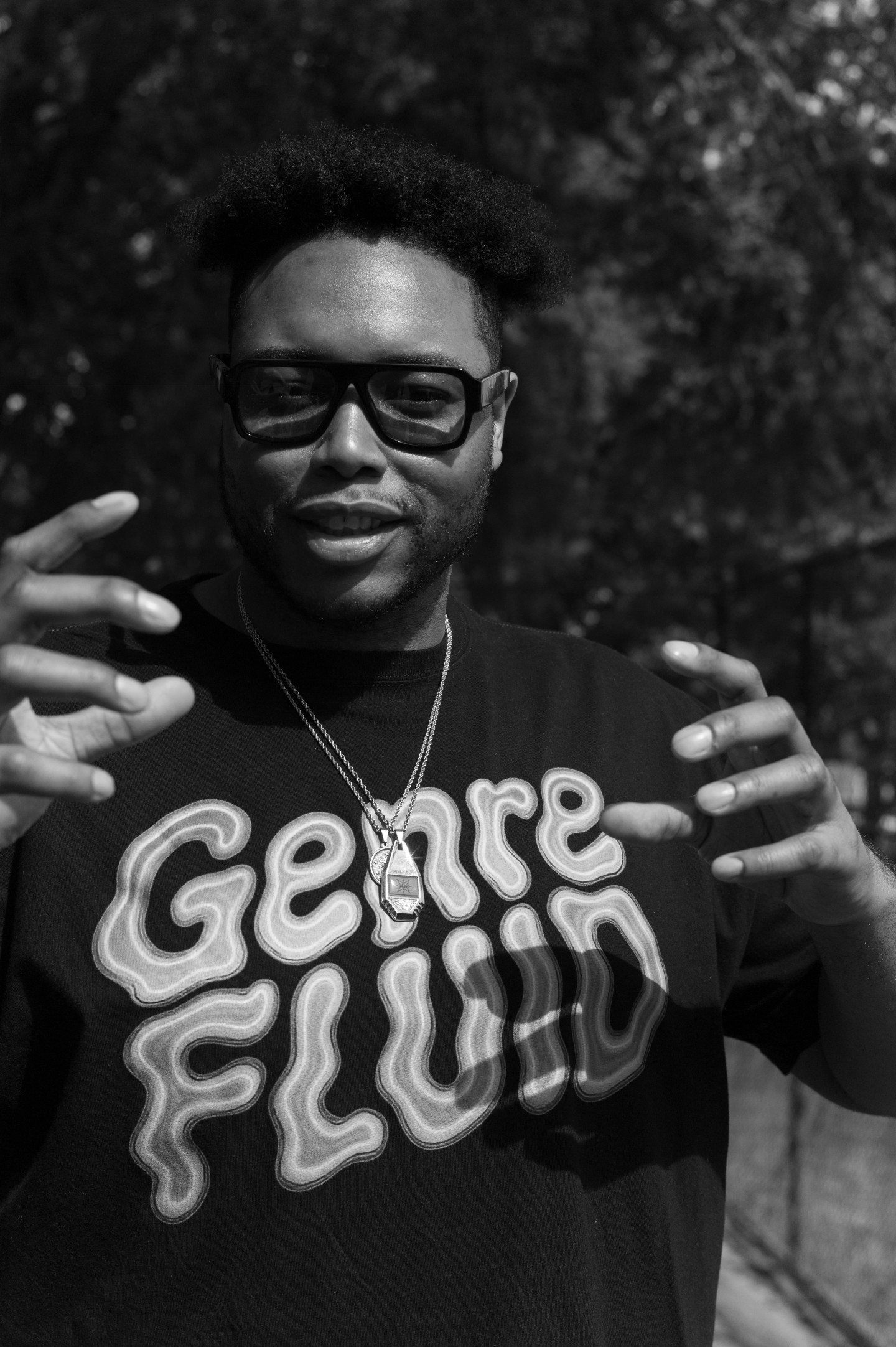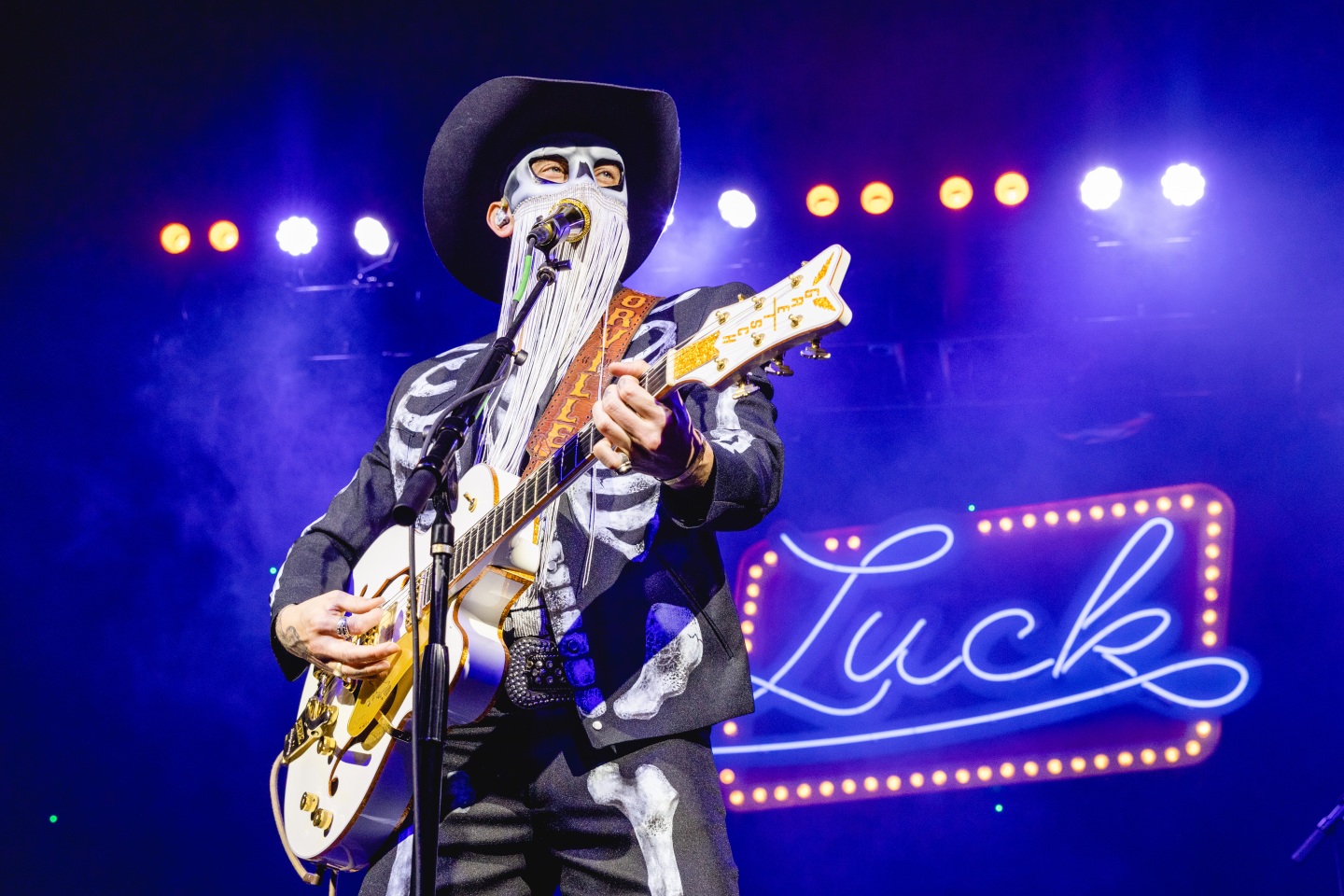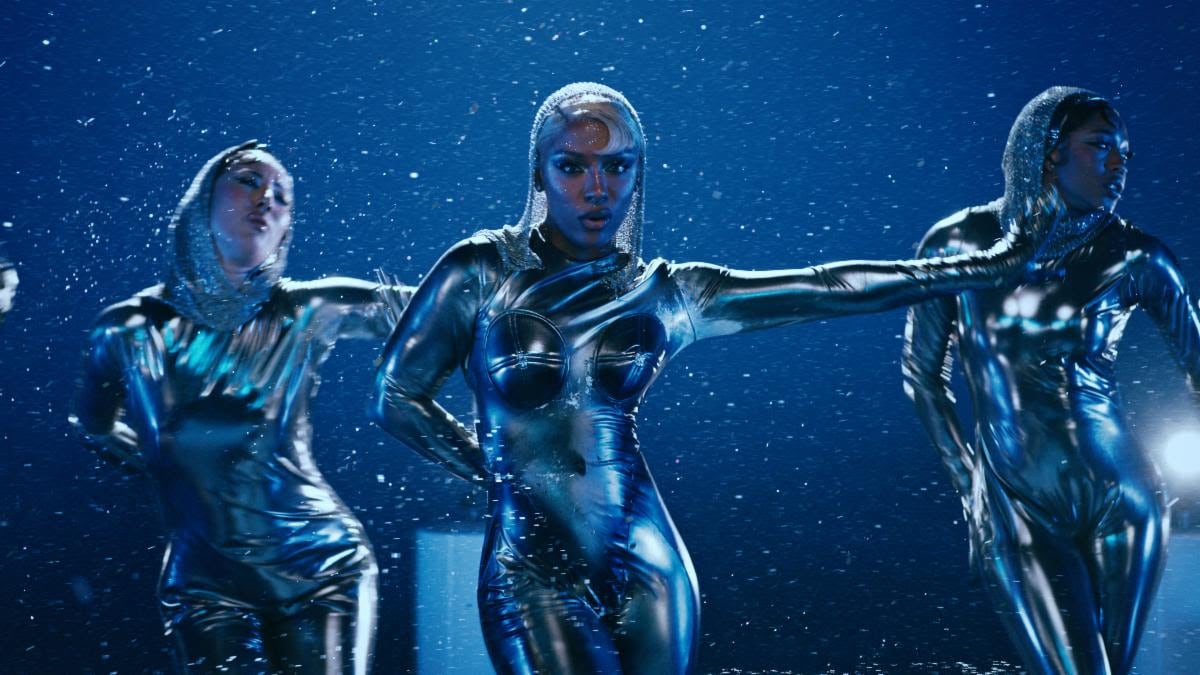For Hendrick Douglass, taking the DIY approach has always been the key. The Harlem-raised rapper, producer, and multi-instrumentalist has done everything from designing merch to managing music venues, something no doubt inspired by growing up watching his father DJ alongside early Hip Hop icons Doug E. Fresh and DJ Chill Will. “As a kid, I was put in positions where I could see them perform and hit the road and just experience that lifestyle,” Douglass explains.
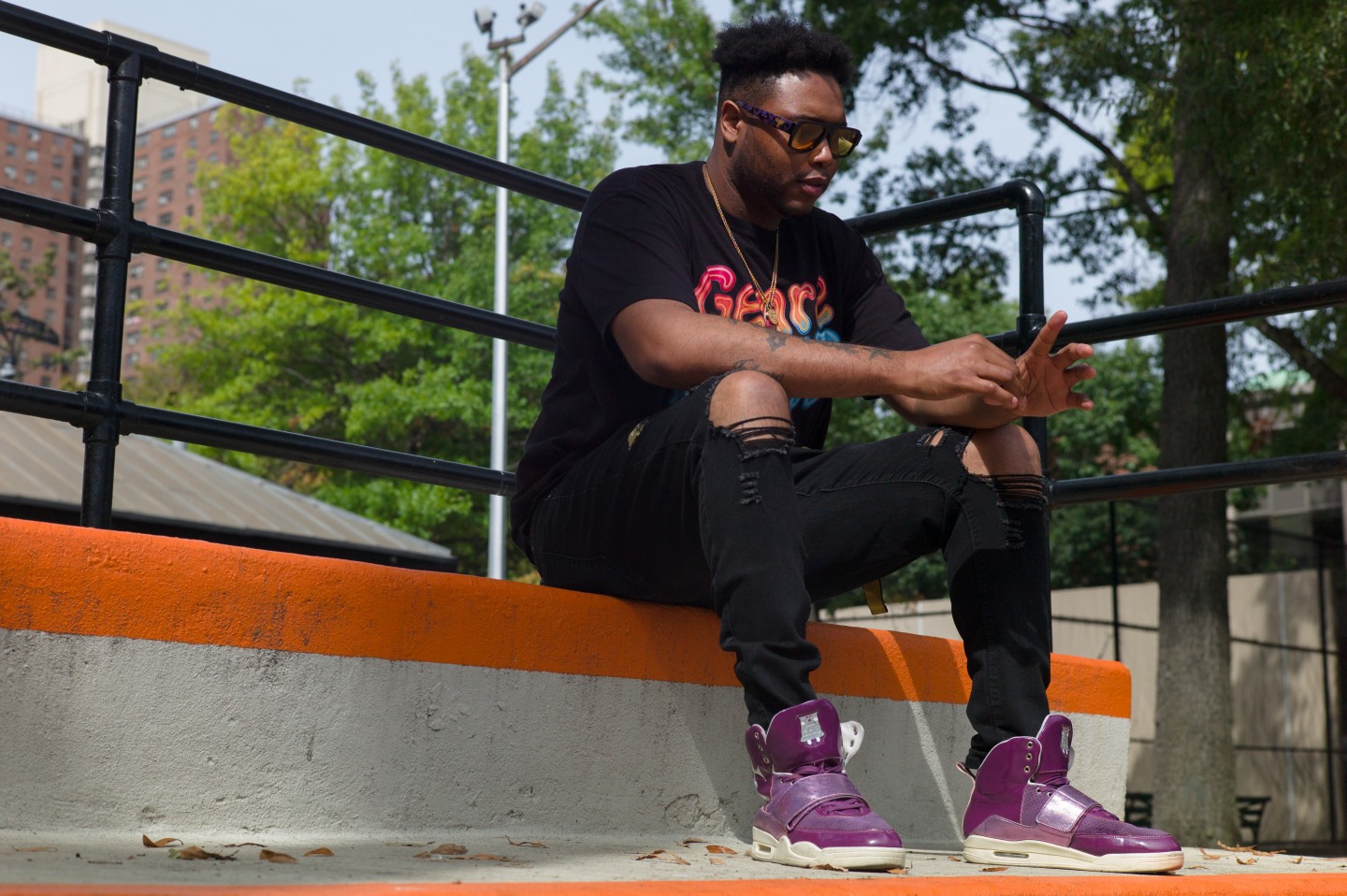
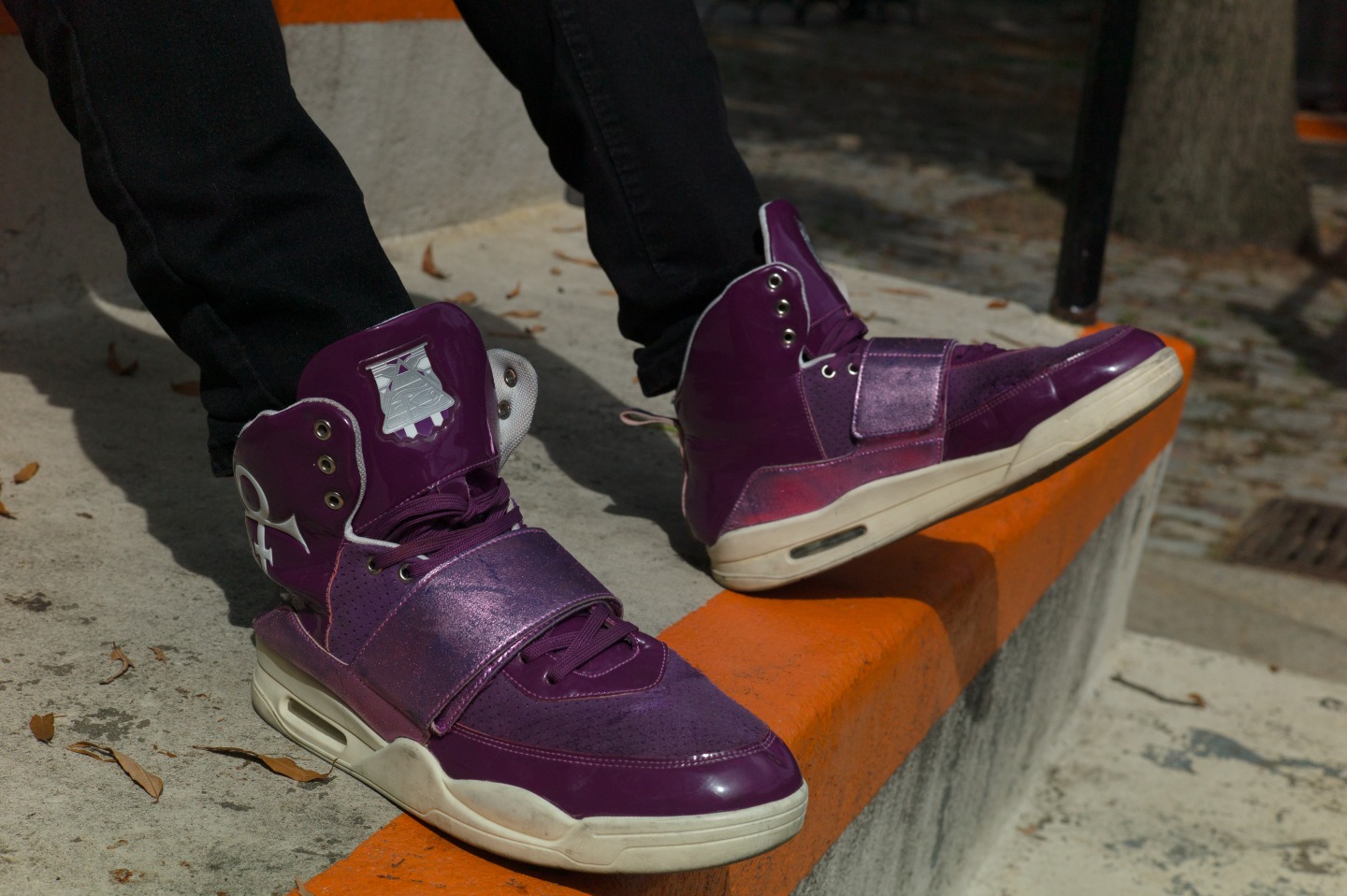
Inspired by artists ranging from Ghostface Killah to Kenny G, he started on an unconventional path that would lead him to music from several different avenues. Even as his parents shifted to more traditional careers, young Hendrick channeled his creative hunger through instruments: piano first, then drums, eventually saxophone, which still anchors his sound today.
“I didn’t even know if I could produce. I had no concept of what that was when I first started, even when I first started rapping. And yes, I rap, but I’m also a hell of a saxophonist,” he says, his production style reflecting this multi-instrumental foundation. “Anytime you listen to my production, you get some saxophone in there. You get some trumpets in there. It’s to bring a lot of live musicality back to hip hop and showcase that we can be extremely creative.”
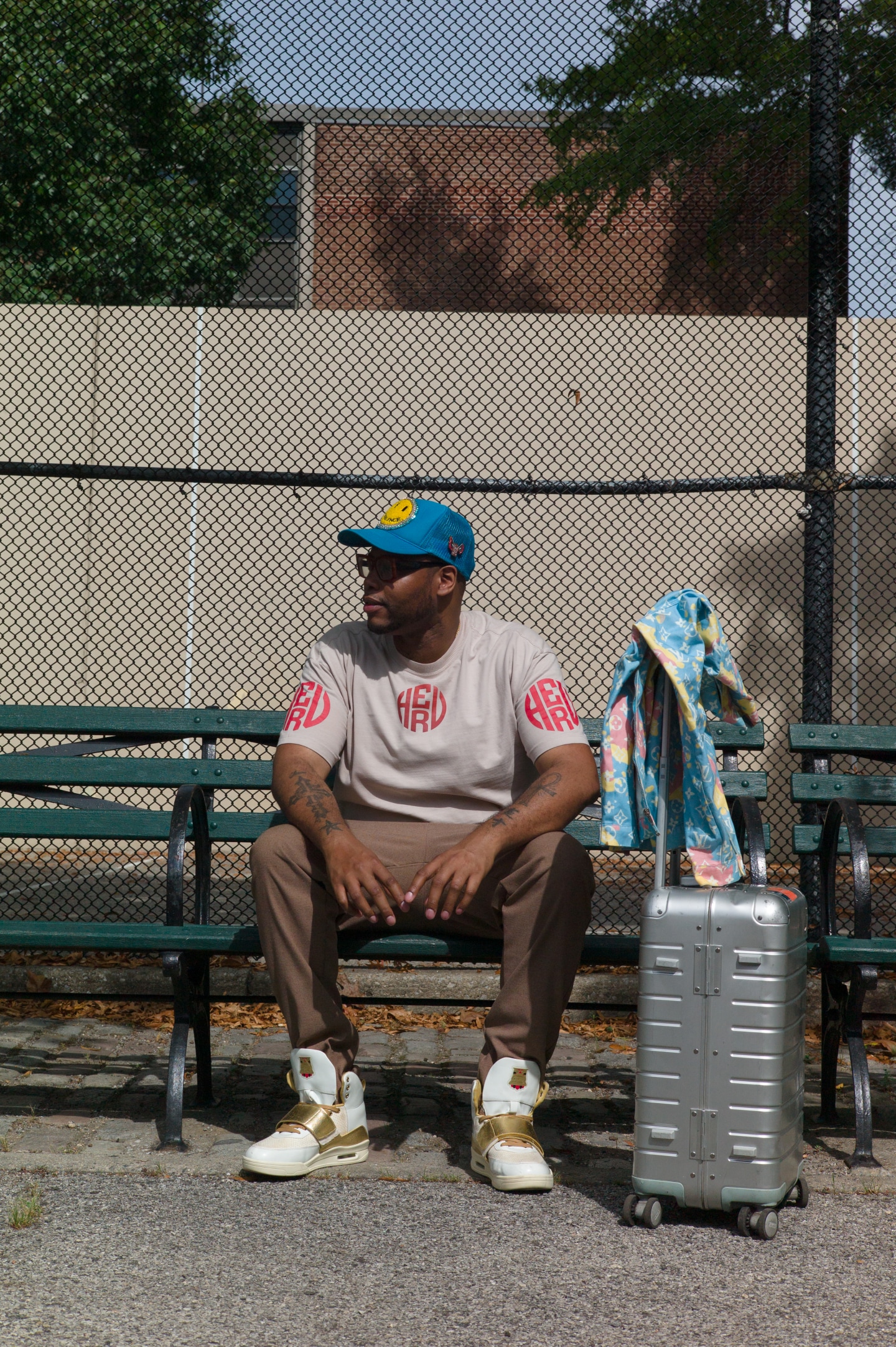
And with so many sounds coming together, his creative process often starts off with a simple voice note. “Anytime that I feel inspired, I’ve gotten into this habit because of my wife where I’ll create these little voice notes,” he explains, referring to soul singer Yola. “I would hum out the melody, log it, and give it like a keyword as to what the inspiration was. And then my writing process will kind of dictate where the production goes from there because sometimes I like to be more spoken word and sometimes I want to showcase that I rap.”
Tracks like “Hard Truths” offer a vulnerable and stripped-down journey through self-reflection, while his most recent single “In My Veins” finds Douglass bounding over soul-inflected production. It’s a sound that roots him firmly in his influences while still hinting at the flexibility of an artist driven by curiosity. With a few years of work as a producer and songwriter under his belt, his credits run the gamut from EDM to country. “That really created a lot of the freedom of expression that I’m showcasing now in a lot of my new music and being very genre-fluid while being clearly hip hop,” he explains. “I’ve just never allowed anything to box me in artistically.”
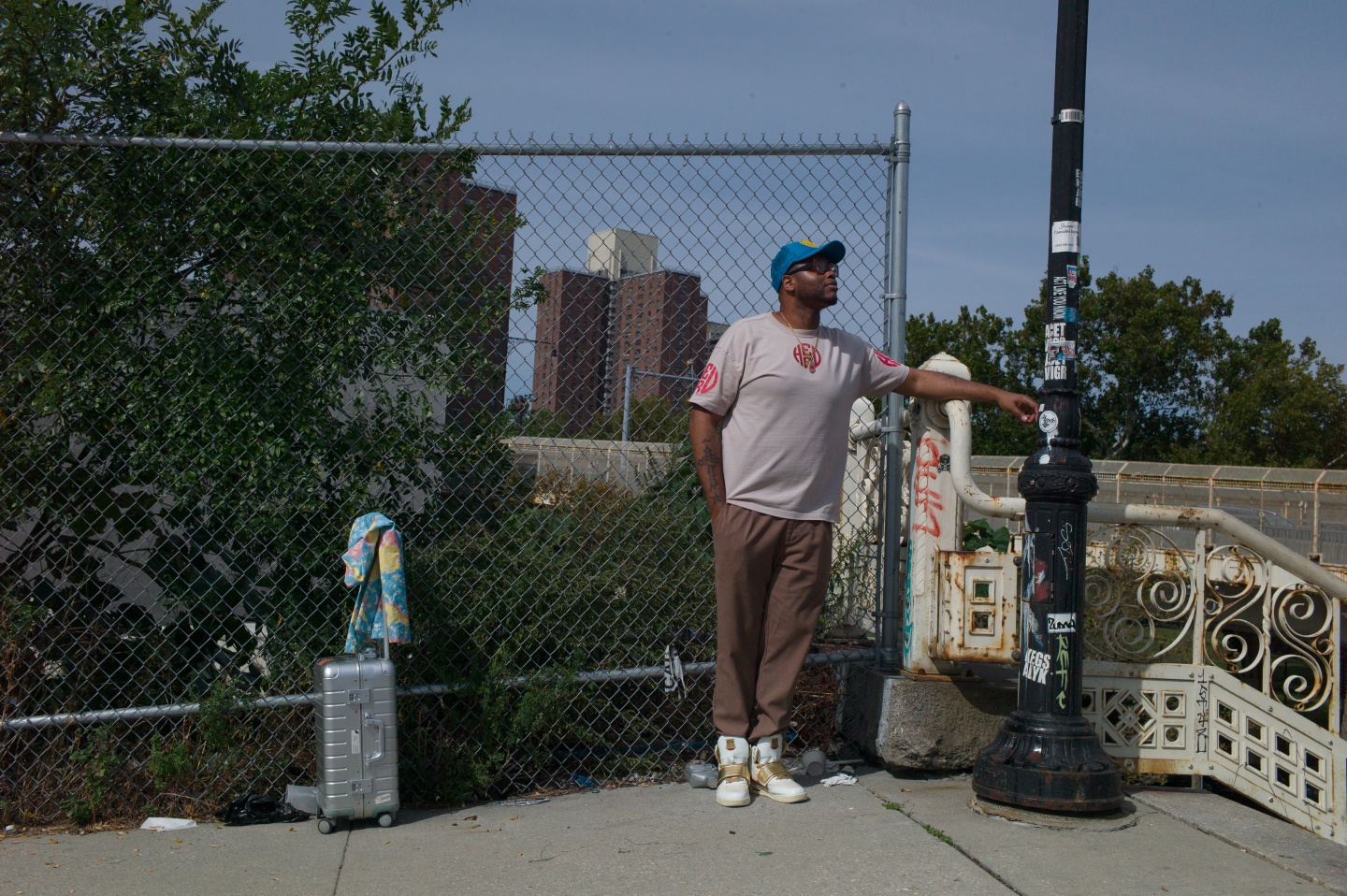
When it comes to his evolution as an independent artist, Douglass says both ReverbNation and BandLab have been instrumental to that growth. Beyond helping him land early bookings at Manhattan venues like the Pyramid Room and KOTRA, these platforms offered him something deeper: real community.
“Some of my longest friendships are people that I’ve met on platforms like BandLab and ReverbNation, and it’s solely because we were fans of each other throughout the development process,” he explains. “Those platforms just have this way of having the nicest people, and when you get feedback, it’s actually constructive.”
The platform’s all-in-one approach to resources, covering everything from how to book gigs to getting radio airplay, also meant he didn’t have to scatter his attention across multiple resources. “The FAQ area is very streamlined and to the point where the whole base of operation, you have all of these umbrellas open under one foundation, and you’re able to kind of just click and learn information through this one platform,” he says. “That made it so much easier for me to craft myself as an artist and as a creator.”
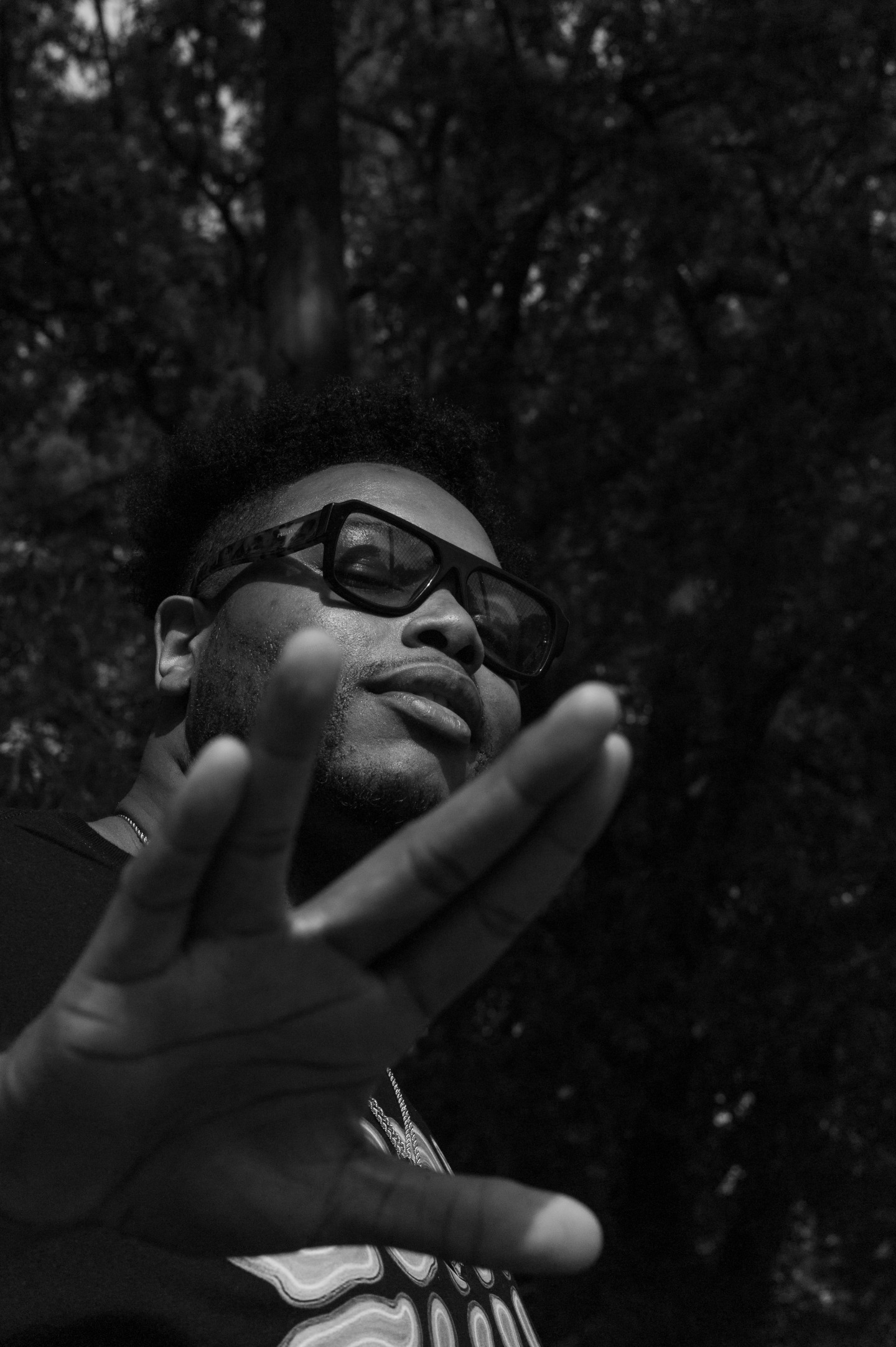
Looking ahead five years, Douglass envisions headlining his own tours while continuing to use his background youth education to pay it forward. “I’ve worked for non-profits, juvenile detention centers, hospitals, middle schools, high schools, colleges, and elementary schools. I would be doing them a disservice if I didn’t speak to them about the creative process as well as having a strong business sense,” he explains. “They’ll know exactly what to do because they’ll have that information and that knowledge from different programs and different conversations that we’re putting in place to assist them in their rise as artists.”
Maybe most importantly, Douglass sees his platform as something bigger. One of his clothing brand taglines reads: “Black is golden. Black is excellence. Black is creativity. Black is freedom.” And for an artist who refuses to be boxed in by genre, geography, or expectation, freedom isn’t just a word, it’s the whole point.

